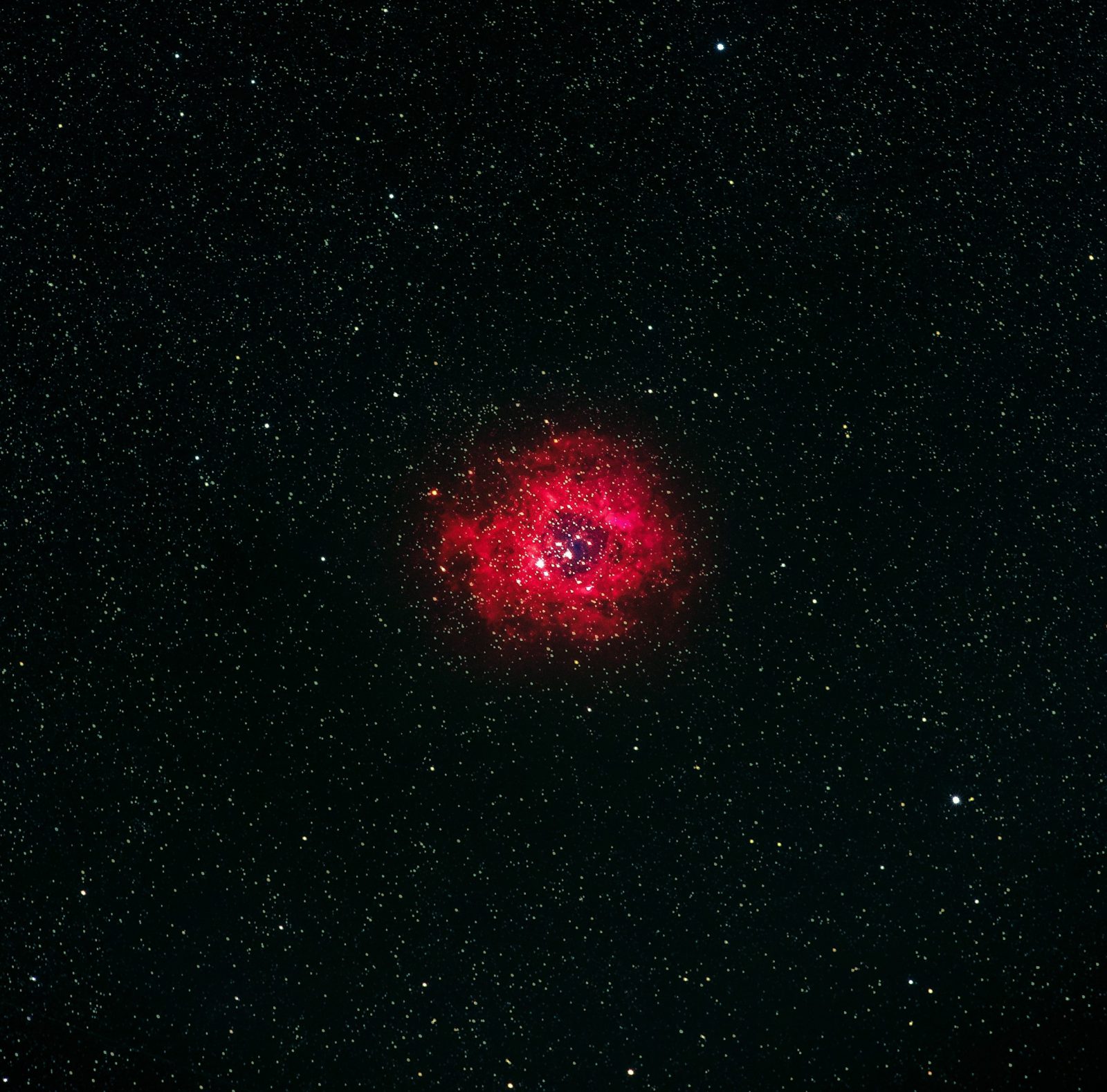
Cosmos: Possible Worlds’ ‘Most Plausible’ Creation Myths
On this episode of ID the Future, philosopher Jay Richards hosts science historian Michael Keas in another conversation about Neil deGrasse Tyson’s series Cosmos: Possible Worlds. They talk this time about what the show itself calls its “most plausible creation myth… for the origin of life,” involving hydrothermal vents in the deep ocean floor — with no mention at all of the equally deep scientific problems with the idea. Tyson’s imagination wanders from there to a moon of Saturn to the Cambrian explosion, everywhere supposing that just because one or two necessary conditions exist for life, that’s all the explanation that’s needed. Richards and Keas ably explore why this is untrue.
